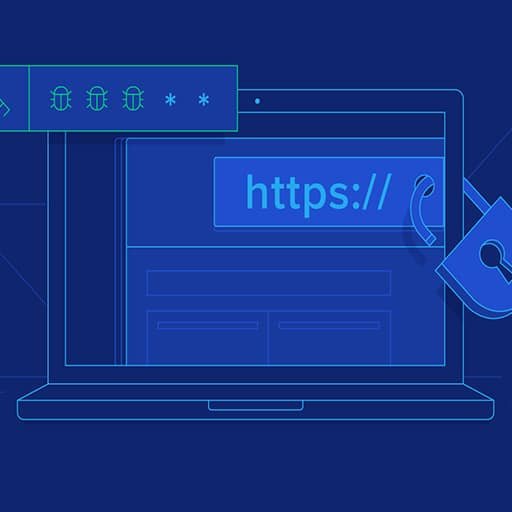1. Keep dependencies up to date: Regularly update your Node.js dependencies to ensure you have the latest security patches and bug fixes.
2. Use secure coding practices: Follow secure coding practices such as input validation, output encoding, and proper error handling to prevent common vulnerabilities like cross-site scripting (XSS) and SQL injection.
3. Implement authentication and authorization: Use a secure authentication mechanism, such as JSON Web Tokens (JWT), to verify the identity of users and authorize their access to resources.
4. Protect against cross-site scripting (XSS): Sanitize user input and encode output to prevent XSS attacks. Use frameworks or libraries that automatically escape user input to minimize the risk.
5. Prevent SQL injection: Use parameterized queries or prepared statements to prevent SQL injection attacks. Avoid concatenating user input directly into SQL queries.
6. Implement rate limiting: Protect against brute force attacks and denial-of-service (DoS) attacks by implementing rate limiting to restrict the number of requests a user can make within a certain time frame.
7. Use HTTPS: Always use HTTPS to encrypt data transmitted between the client and server. Obtain an SSL/TLS certificate and configure your Node.js server to use HTTPS.
8. Secure session management: Use secure session management techniques, such as using secure cookies, setting appropriate session timeouts, and regenerating session IDs after authentication.
9. Implement input validation: Validate and sanitize all user input to prevent malicious input from causing security vulnerabilities. Use libraries or frameworks that provide built-in input validation mechanisms.
10. Implement logging and monitoring: Implement logging and monitoring mechanisms to detect and respond to security incidents. Monitor logs for suspicious activities and implement alerts for potential security breaches.
11. Secure sensitive data: Encrypt sensitive data, such as passwords and API keys, both at rest and in transit. Use secure storage mechanisms, such as hashing and salting, to protect sensitive information.
12. Conduct security testing: Regularly perform security testing, such as penetration testing and vulnerability scanning, to identify and address any security vulnerabilities in your Node.js application.
13. Follow the principle of least privilege: Limit the permissions and privileges of your Node.js application to only what is necessary. Avoid running your application with root/administrator privileges.
14. Implement secure file uploads: Validate and sanitize file uploads to prevent malicious files from being uploaded to your server. Use file type validation and limit the size of uploaded files.
15. Educate developers: Provide training and education to your development team on secure coding practices and the latest security threats. Encourage them to stay updated on security best practices and participate in security-related forums and communities.
